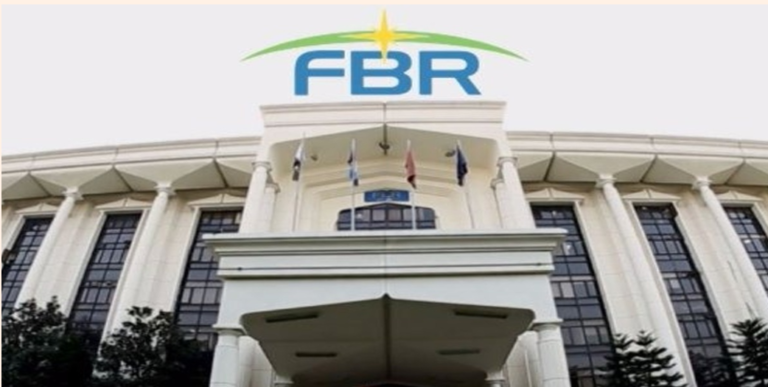
FBR’s major crackdown on tax evasion: 190,000 notices issued, Rs7.1 trillion tax gap targeted, and a stern warning to non-compliant taxpayers!
The recent statement by FBR Chairman Rashid Mahmood Langrial underscores the growing urgency to address Pakistan’s chronic tax evasion problem. While the announcement reflects a much-needed focus on accountability and systemic reform, several critical aspects warrant discussion.
1. Positive Aspects of the Initiative
- Targeting High-Profile Tax Evaders: The decision to focus on influential sectors and the top 5% of taxpayers is a step in the right direction. This approach targets those who have the greatest capacity to contribute but often evade their obligations.
- Digitization of Tax Processes: Efforts to digitize tax filings can significantly reduce bureaucratic inefficiencies, improve transparency, and make compliance easier for taxpayers. This aligns with global trends toward e-governance.
- Addressing the Tax Gap: Highlighting the Rs7.1 trillion tax gap draws attention to the enormity of the challenge. It sets a clear agenda for narrowing this deficit, which is critical for Pakistan’s economic stability.
2. Challenges and Concerns
- Enforcement Credibility: While issuing 190,000 notices is commendable, the actual compliance rate (38,000 submissions) raises questions about the effectiveness of enforcement. Legal action against non-compliant individuals is easier said than done in a system often plagued by legal loopholes and delays.
- Focus on Specific Sectors: The emphasis on sugar mills and specific industries is a necessary measure but may appear selective. A comprehensive approach covering all sectors could yield better long-term results and avoid allegations of bias.
- Public Trust and Awareness: The FBR’s image among the public has historically been one of inefficiency and corruption. Without significant trust-building measures, these campaigns may face resistance or skepticism.
3. Broader Implications
- Economic Impact: Successful tax collection can lead to increased revenue, reducing reliance on external borrowing and improving the fiscal deficit. However, aggressive measures could discourage investment if perceived as overly punitive.
- Social Equity: Tax evasion disproportionately affects lower-income groups, as they bear the brunt of indirect taxes. Addressing evasion among wealthier individuals is essential for promoting social equity and reducing economic disparity.
4. Recommendations
- Strengthen Implementation: Clear guidelines, streamlined processes, and strict follow-through on legal actions are essential to ensure compliance and credibility.
- Expand Awareness Campaigns: Public campaigns to educate taxpayers on the benefits of compliance and the ease of digital filing could improve participation.
- Improve Transparency: Regular updates on the outcomes of these measures (e.g., number of prosecuted evaders, recovered funds) would enhance public trust and accountability.

Conclusion
While the FBR’s renewed focus on tax enforcement is a necessary and commendable step, its success depends on consistent implementation, widespread public awareness, and systemic transparency. By addressing these challenges, Pakistan can not only bridge its tax gap but also foster a more equitable and robust economic framework.



